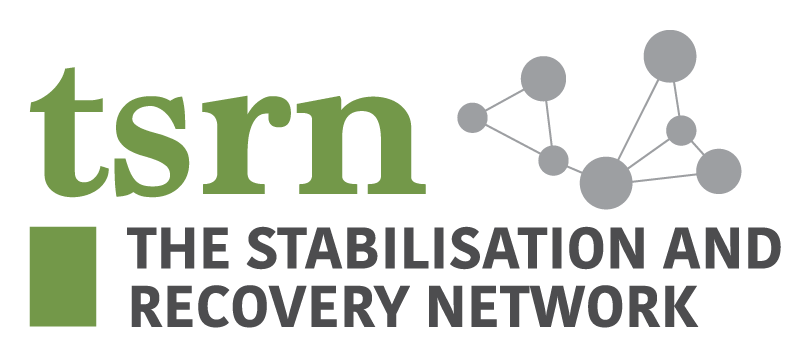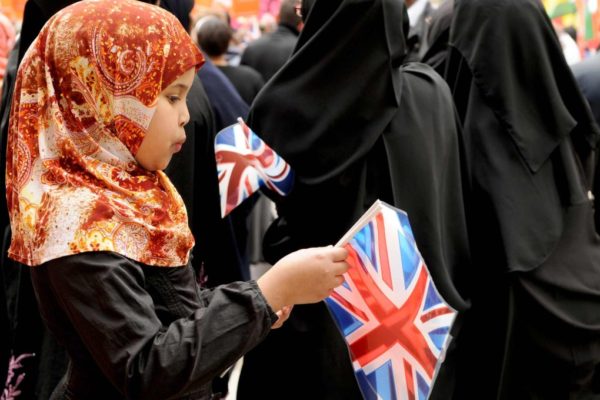Smarter not more Authoritarian by Dr. Brian Brivati
It has been a dark few weeks in the history of the United Kingdom. Far too many people have died, including young girls and their mothers at the Manchester concert, people out for evening meal at Borough Market. During this time there have even more terrible attacks in Afghanistan, Iraq and Egypt. Hundreds have been killed. Things will get worse. The blow back from advances in Mosul, changes in the balance of the conflict in Syria and an increasing desperation will push Daesh into more and more attacks in the west.
The response of different governments to these events is insightful. In the UK the response from Prime Minister May has been to claim that the security services need more powers, that sentences need to be longer and that human rights need to be curtailed. There is no evidence for this. No one in the security services is asking for more powers. They have enough powers for surveillance, for big data collection and for arrest. They do not need more powers. What is needed is human intelligence and human analysis. What they need are more resources, a better targeting of resources and they need to operate more smartly.
A simple step would be to reverse the cuts in spending on language training. University courses in Arabic at Durham and other institutions need to be heavily subsidised. The FCO language training must be returned to its former level of quality, depth and understanding.
Human intelligence is based on building networks of experts in the regions from which terrorists come. We must build the ability to think and speak the language of extremism and we must become fluent in the cultural and linguistic context from which it comes. For this to happen, we need a network of friends in all these communities and partnerships with those at the front line of these struggles. TSRN has worked to begin such a network in the Gulf, but it is essential to identify many more.
But human intelligence must also come from our Muslim community here in the UK, and that means empowering young people who oppose terrorists to have and use their voice. It means changing our politicians’ attitudes and media rhetoric to asylum seekers and immigrants through unlocking their life stories to build understanding of the violence that they have fled from and the real nature of the caliphate that Daesh are trying to create.
Any changes that are now made have to increase our ability to read the evidence in the available ‘metadata’. Currently, we do not have enough analysts who can create the algorithms required to identify connections that point to individuals on the Watch List who have moved from theory to practice. A real reading of metadata has to be informed by greater knowledge of the communities that spawn violent extremists and the countries that have suffered most from the violence that extremists preach. There is no justification for any further curtailment of our freedom by rescinding human rights. It is our freedom that extremists hate most. We should extend it and celebrate it. What is needed is more specialised training for our intelligence agencies, more and better training for our analysts so that they can read the data that we rightly collect and, most importantly, deeper connections with the Muslim community here and in the countries in which Daesh operates.

